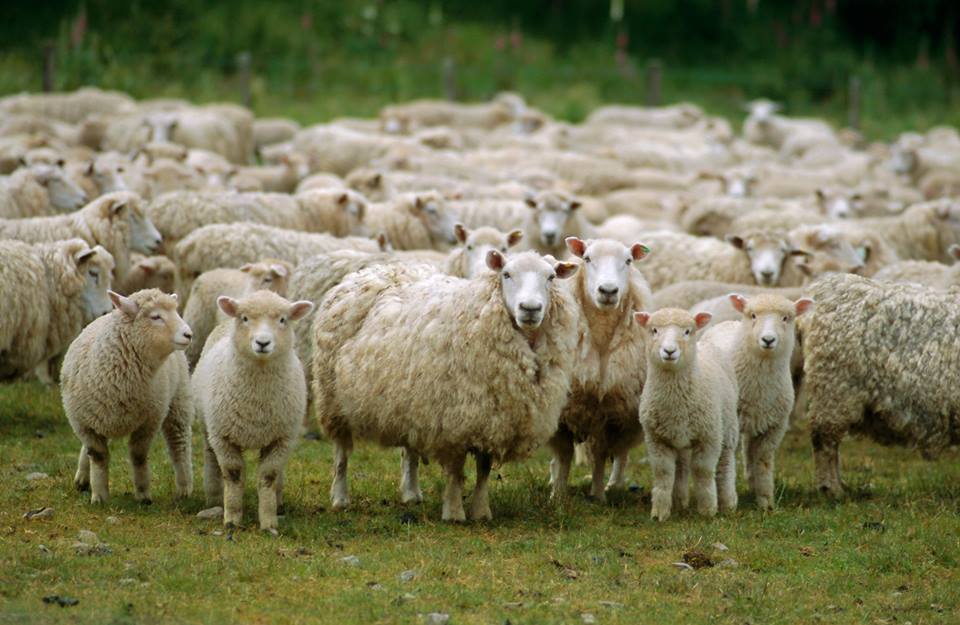Islamic Songs:
Praise be to Allah.
The aayaat of the Quran and the Ahaadeeth of the Prophet (peace and blessings of Allah be upon him) indicate that musical instruments (islamic songs) are condemned, and warn us against them. The Quran teaches that playing these instruments is one of the things that leads people astray and constitutes a mockery of the Signs of Allah.
Allah says (interpretation of the meaning):
“And of mankind is he who purchases idle talk to mislead (men) from the Path of Allah, without knowledge, and takes it (the Path of Allah, the Verses of the Quran) by way of mockery. For such there will be a humiliating torment (in the Hell-fire).” [Luqmaan 31:6]
“[Allah said to Shaytaan;] ‘And istafziz [literally means befool them gradually] those whom you can with your voice, make assaults on them with your cavalry and your infantry, mutually share with them wealth and children, and make promises to them.’ But Shaytaan promises them nothing but deceit” [al-Isra’ 17:64]
Al-Tirmidhi reported in his Sunan (no. 1005) from Ibn Abi Layla from ‘Ata’ from Jaabir (may Allah be pleased with him) who said: “The Messenger of Allah (peace and blessings of Allah be upon him) went to to al-Nakhl with ‘Abd al-Rahmaan ibn ‘Awf, when his son Ibraaheem was dying.
He took the child in his lap and his eyes filled with tears. ‘Abd al-Rahmaan said, ‘Are you weeping when you have forbidden us to weep?’ He said, ‘I do not forbid weeping. What I have forbidden is two foolish and evil kinds of voices: voices at times of entertainment and play and the flutes of the Shaytaan, and voices at times of calamity and scratching the face and rending the garments and screaming.’”
Al-Tirmidhi said: this is a hasan hadeeth. It was also reported by al-Haakim in al-Mustadrak, no. 1683, al-Bayhaqi in al-Sunan al-Kubra (4/69), al-Tayaalisi in Musnad (no. 1683) and by al-Tahhaawi in Sharh al-Ma’aani, 4/29, and it was classed as hasan by al-Albaani.
It was reported in a saheeh hadeeth from the Prophet (peace and blessings of Allah be upon him) said: “In my ummah there will be people who allow fornication/adultery (zina), silk, wine and musical instruments [ma’aazif]. Some people will stay at the side of a mountain, and they will have flocks of sheep. When a poor person comes in the evening to ask them for something he needs, they will say. ‘Come back to us tomorrow.’ Then during the night Allah will destroy them by causing the mountain to fall upon them, while He changes others into apes and swine. They will remain in such a state until the Day of Resurrection.’”
(Reported by al-Bukhaari in al-Saheeh mu’allaqan, 51/10)
Al-Haafiz said in al-Fath (10/55): Ma’aazif refers to musical instruments. Al-Qurtubi reported from al-Jawhari that ma’aazif meant singing, and what it says in his book al-Sihaah is that it refers to musical instruments. It was also said that it is the sound of musical instruments. In a footnote by al-Dimyaati it says: ma’aazif is tambourines and other kinds of drums. The word ‘azif is applied to singing and all other kinds of instruments that may be played.
The evidence for this is that ma’aazif refers to all kinds of things used for entertainment. There is no dispute among scholars of the Arabic language on this point. If they were halaal, he would not have condemned those who permitted them, or compared permitting them to permitting wine and zina.
We may understand from the hadeeth that all kinds of musical instruments are forbidden. This is clear from the hadeeth for a number of reasons:
The Prophet (peace and blessings of Allah be upon him) said “… there will be people who allow…” It is clear that the things listed here, including musical instruments, are forbidden in sharee’ah, but those people will allow them.
He compared musical instruments to things that are definitely known to be haraam, namely zina and alcohol. If instruments were not haraam, he would not have made this comparison. The evidence of this hadeeth that singing is haraam is definitive.
Even if no other hadeeth or aayah spoke about musical instruments, this hadeeth would be sufficient to prove that they are haraam, especially the kind of singing that is known among people nowadays, the essence of which is obscenity and foul talk, based on all kinds of musical instruments such as guitars, drums, flutes, ouds, zithers, organs, pianos, violins and other things that make it more enticing, such as the voices of these effeminate singers and whores.
As for these anaasheed (islamic songs) which are described as “Islamic” but are accompanied with musical instruments, giving them this name lends them some measure of legitimacy, but in fact they are singing and music, so calling them Islamic nasheeds is falsehood and deception. They cannot be a substitute for singing, as an evil thing cannot be substituted for another evil thing. We should replace something evil with something good. Listening to it on the grounds that it is Islamic and an act of worship is bid’ah, and Allah does not allow this.
And Allah knows best.
We ask Allah to keep us safe and sound.
(Source – Islam Q&A)







